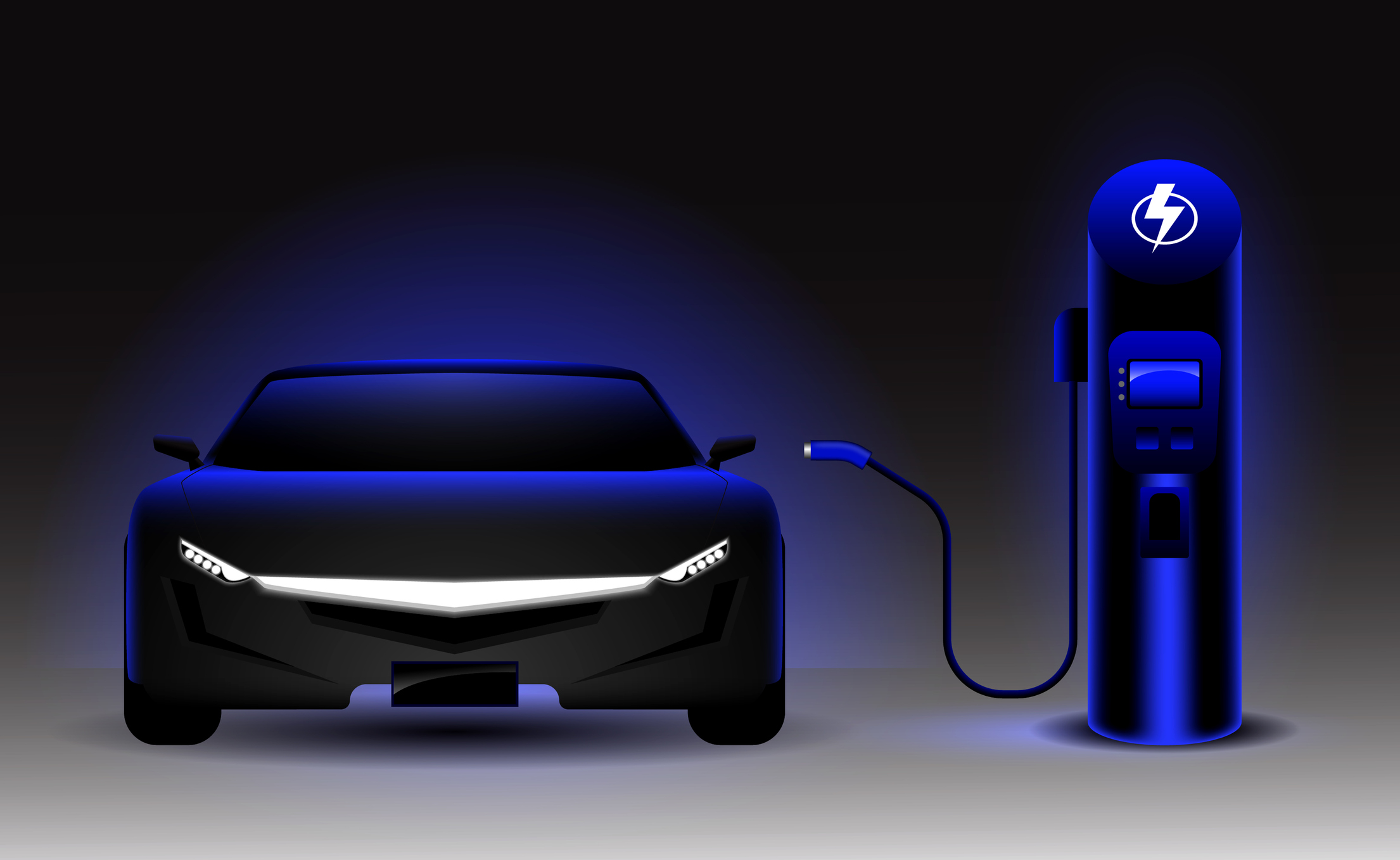This evening, I came across an enlightening article featuring Professor Stanley Whittingham’s presentation at the Benchmark event earlier today. Intrigued, I forwarded this piece to Jack Lifton, currently in Detroit, seeking his perspective on the evolving battery industry and Professor Whittingham’s insights.
Jack Lifton, Co-Chairman of the Critical Minerals Institute (CMI), resonates with Whittingham’s vision, particularly emphasizing Canada’s crucial role in developing comprehensive supply chains for electric vehicle (EV) components reliant on critical minerals. Their aligned viewpoints underscore a significant moment in energy innovation will be the fluid collaboration between the US and Canada.
Canada’s Integral Role in EV Supply Chains
In a discussion this evening with Jack Lifton, he reflected on his earlier dialogue with the Canadian Trade Commissioner today, highlighting a strategic push to elevate Canada’s position in the EV sector. Lifton proposes Canada take the lead in constructing extensive supply chains for EV components that depend on critical minerals, thereby enhancing Canada’s industrial capacity and ensuring a robust and independent EV market.
First Phosphate Corp: Leading the Charge in Mineral Extraction
A focal company in this transition that was drawn to my attention earlier today is First Phosphate Corp. (CSE: PHOS), dedicated to extracting and purifying phosphate for Lithium Iron Phosphate (LFP) battery production. Their commitment to high purity, adherence to full ESG standards, and a low carbon footprint is noteworthy. With a significant landholding in Quebec, their aim is to seamlessly integrate into the supply chains of major North American LFP battery manufacturers, offering reliable, high-quality material.
Professor Stanley Whittingham: Driving Battery Technology Forward
Professor Whittingham, a pioneering figure in lithium-ion battery technology, envisions a considerable advancement in the sector. He aims to transition from lithium-ion to lithium metal batteries, a move that could potentially double energy density and cut costs in half. Backed by the Department of Energy, his research is geared towards increasing the specific energy of lithium-ion batteries to 500 Wh/kg while ensuring longevity through extended charge/discharge cycles.
The Road Ahead for Battery Technology
Exploring further, Whittingham’s research sheds light on the potential of lithium-sulphur cells and sodium ion technologies. While acknowledging the associated challenges, he is optimistic about their ability to significantly enhance energy density and cost-efficiency. However, he urges caution regarding the enthusiasm for solid-state batteries, advocating for realistic development timelines and prioritizing safety.
Strengthening Regional Supply Chains
A key aspect of Whittingham’s advocacy in the column I reviewed is the promotion of a collaborative US-Canada effort to establish a regional supply chain for batteries. He underscores the abundance of critical resources in North America necessary for the production of cost-effective LFP cells and champions a greener manufacturing process for lithium-ion batteries, aiming to reduce both environmental and fiscal impacts.
Conclusion: Forging a United Path in Energy Innovation
It seems the insights of Jack Lifton and Professor Stanley Whittingham are similar in that they paint a picture of unity and innovation in the realms of battery technology and critical mineral use. They share a vision of leveraging North America’s capabilities to lead the charge in sustainable energy solutions, envisioning a future where energy efficiency and ecological awareness are seamlessly intertwined.




Leave a Reply